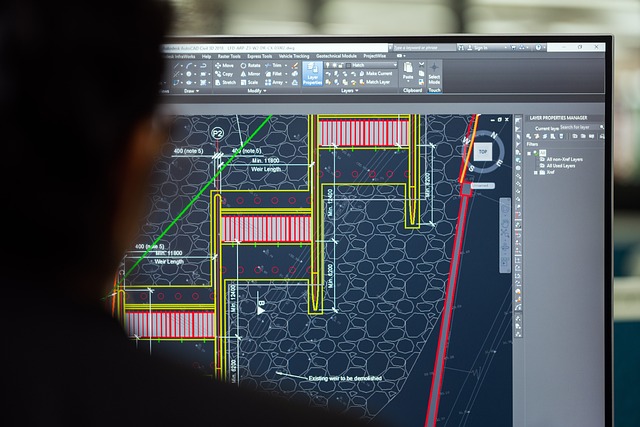In the rapidly evolving landscape of technology, the term “Xewe” is beginning to gain significant traction. This concept, though relatively new, promises to reshape various aspects of our digital lives by integrating advanced technological solutions into everyday applications. Let’s delve into what Xewe is, its potential implications, and how it might revolutionize the way we interact with technology.
What is Xewe?
Xewe represents a new frontier in technology integration, where cutting-edge innovations converge to create seamless, efficient, and intelligent systems. While still in its nascent stages, Xewe aims to blend artificial intelligence (AI), the Internet of Things (IoT), and advanced data analytics to provide a holistic technological experience. The goal is to enhance efficiency, improve user experience, and foster smarter decision-making across various industries.
The Core Components of Xewe
- Artificial Intelligence (AI): At the heart of Xewe lies AI, which powers intelligent algorithms capable of learning, adapting, and making decisions. AI enables systems to understand user behavior, predict needs, and provide personalized solutions, making technology more intuitive and user-friendly.
- Internet of Things (IoT): Xewe leverages IoT to connect devices and systems, creating a network of smart objects that communicate and collaborate. This interconnectedness allows for real-time data collection and analysis, leading to more informed decisions and optimized operations.
- Advanced Data Analytics: Data is the lifeblood of Xewe. By harnessing advanced data analytics, Xewe can process vast amounts of information to identify patterns, trends, and insights. This capability is crucial for predictive maintenance, resource management, and enhancing overall efficiency.
Applications of Xewe
The potential applications of Xewe are vast and varied, spanning multiple industries:
- Healthcare: In healthcare, Xewe can revolutionize patient care by enabling remote monitoring, predictive diagnostics, and personalized treatment plans. AI-driven analysis of medical data can lead to early detection of diseases and more effective interventions.
- Smart Cities: Xewe can transform urban environments into smart cities, where infrastructure, transportation, and public services are interconnected and optimized. This integration can lead to reduced traffic congestion, improved energy efficiency, and enhanced public safety.
- Manufacturing: In the manufacturing sector, Xewe can streamline production processes through predictive maintenance, quality control, and supply chain optimization. This results in reduced downtime, lower costs, and higher productivity.
- Retail: Xewe can enhance the retail experience by providing personalized shopping recommendations, optimizing inventory management, and enabling seamless payment systems. This leads to improved customer satisfaction and increased sales.
The Future of Xewe
As Xewe continues to evolve, its impact on our lives is expected to grow exponentially. The integration of AI, IoT, and data analytics will pave the way for smarter, more efficient systems that enhance productivity and improve quality of life. However, the widespread adoption of Xewe also raises important considerations regarding data privacy, security, and ethical implications.
To fully realize the potential of Xewe, it is crucial for stakeholders, including governments, businesses, and individuals, to collaborate and establish frameworks that address these challenges. By doing so, we can ensure that Xewe contributes to a sustainable, inclusive, and technologically advanced future.
Read also: FintechZoom Pro: Revolutionizing Financial Technology
Conclusion
Xewe represents an exciting and transformative concept in the realm of technology. Its ability to integrate AI, IoT, and advanced data analytics holds the promise of revolutionizing various industries and enhancing our daily lives. As we move forward, embracing the potential of Xewe while addressing its challenges will be key to unlocking a brighter, more connected future.



